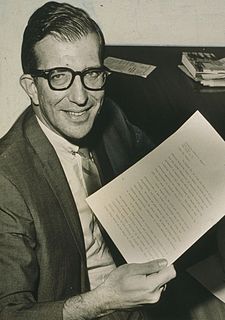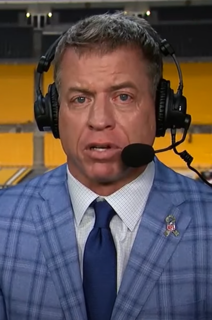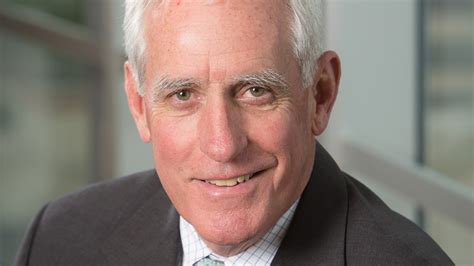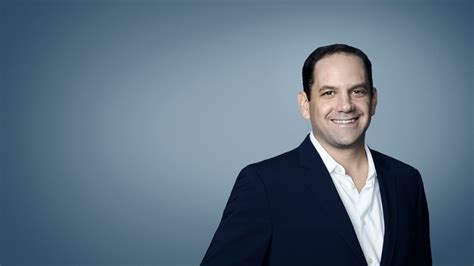A Quote by Albert Shanker
The key is that unless there is accountability, we will never get the right system. As long as there are no consequences if kids or adults don't perform, as long as the discussion is not about education and student outcomes, then we're playing a game as to who has the power.
Related Quotes
How can we trace out the links between actions that people take today and really long-term outcomes for humanity - outcomes that stretch out indefinitely into the future? I call this effort macrostrategy - that is, to think about the really big strategic situation for having a positive impact on the long-term future. There's the butterfly effect: A small change in an initial condition could have arbitrarily large consequences.
We should not value education as a means to prosperity, but prosperity as a means to education. Only then will our priorities be right. For education, unlike prosperity is an end in itself. .. power and influence come through the acquisition of useless knowledge. . . irrelevant subjects bring understanding of the human condition, by forcing the student to stand back from it.
We in CNN have 27 reporters out in the field - from Alaska to Florida, and everywhere in between. 29 if you count the White House and the Hill. We are in every key state, in every key district and on the ground where key issues are playing out. Political campaigns' success is all about the ground game and CNN feels the same way about election coverage. Expect to see original reporting from all our remote locations all night long. On air and online.
Look at children. Of course they may quarrel, but generally speaking they do not harbor ill feelings as much or as long as adults do. Most adults have the advantage of education over children, but what is the use of an education if they show a big smile while hiding negative feelings deep inside? Children don?t usually act in such a manner. If they feel angry with someone, they express it, and then it is finished. They can still play with that person the following day.
Sending our kids in my family to private school was a big, big, big deal. And it was a giant family discussion. But it was a circular conversation, really, because ultimately we don't have a choice. I mean, I pay for a private education and I'm trying to get the one that most matches the public education that I had, but that kind of progressive education no longer exists in the public system. It's unfair.




































